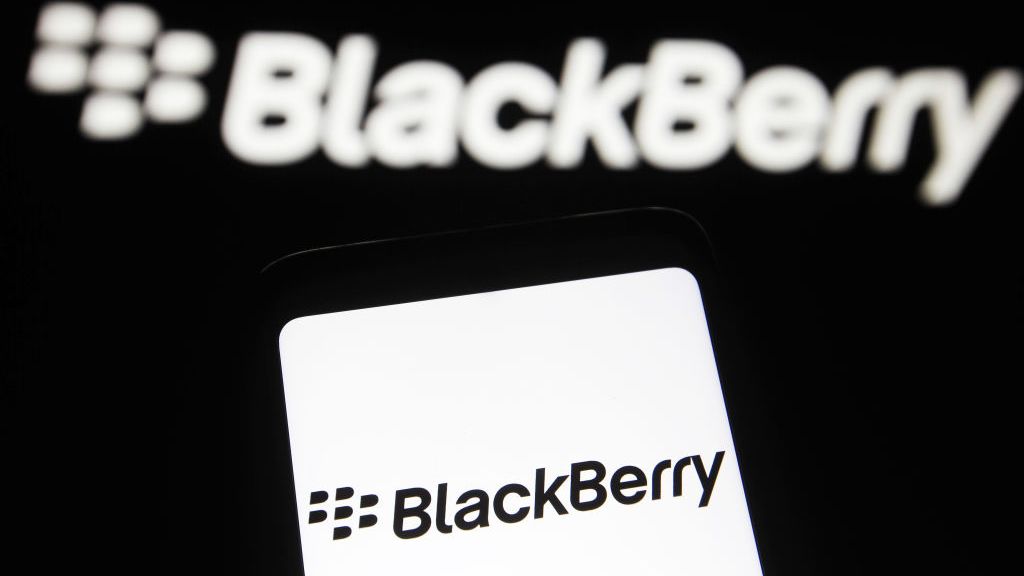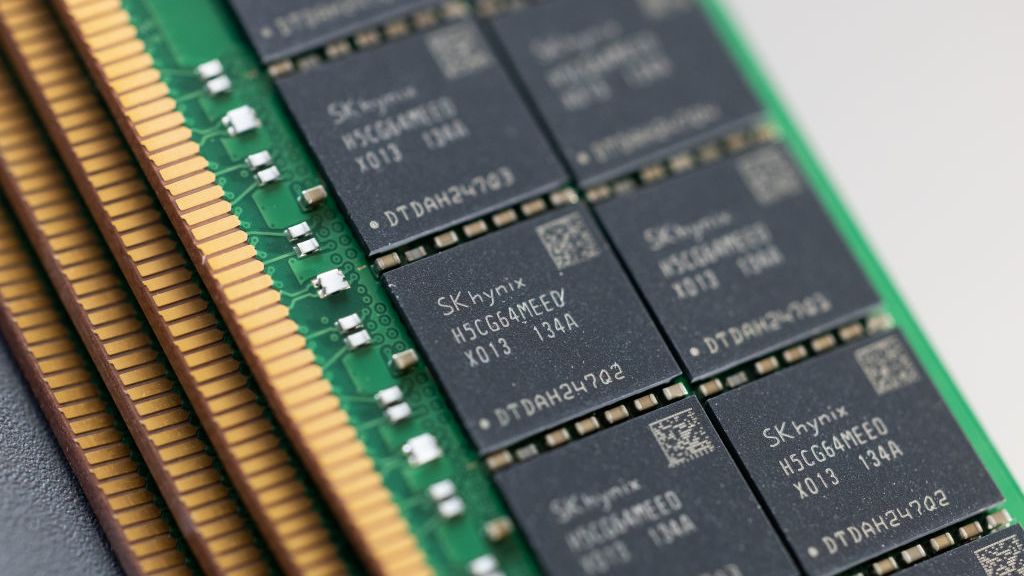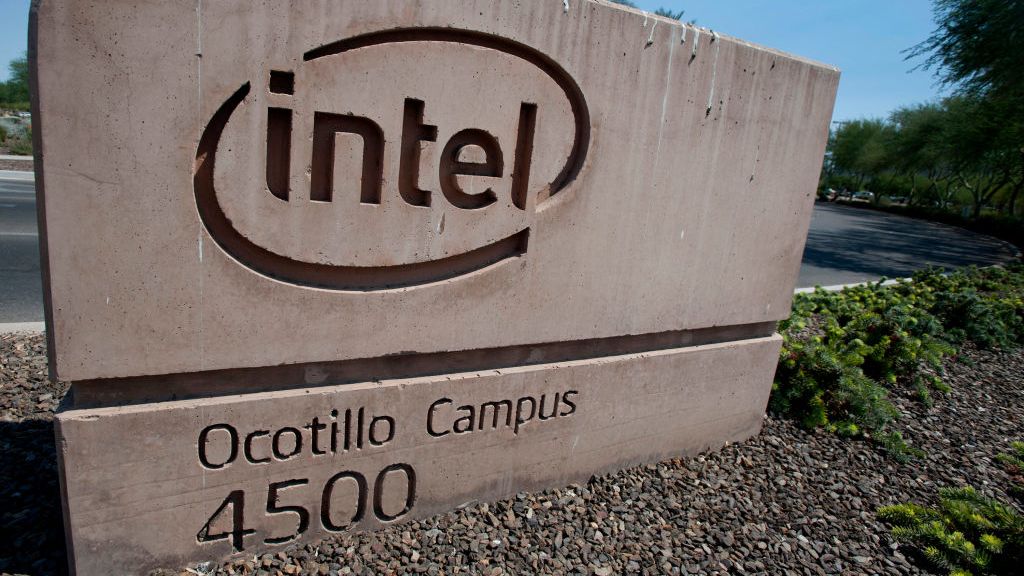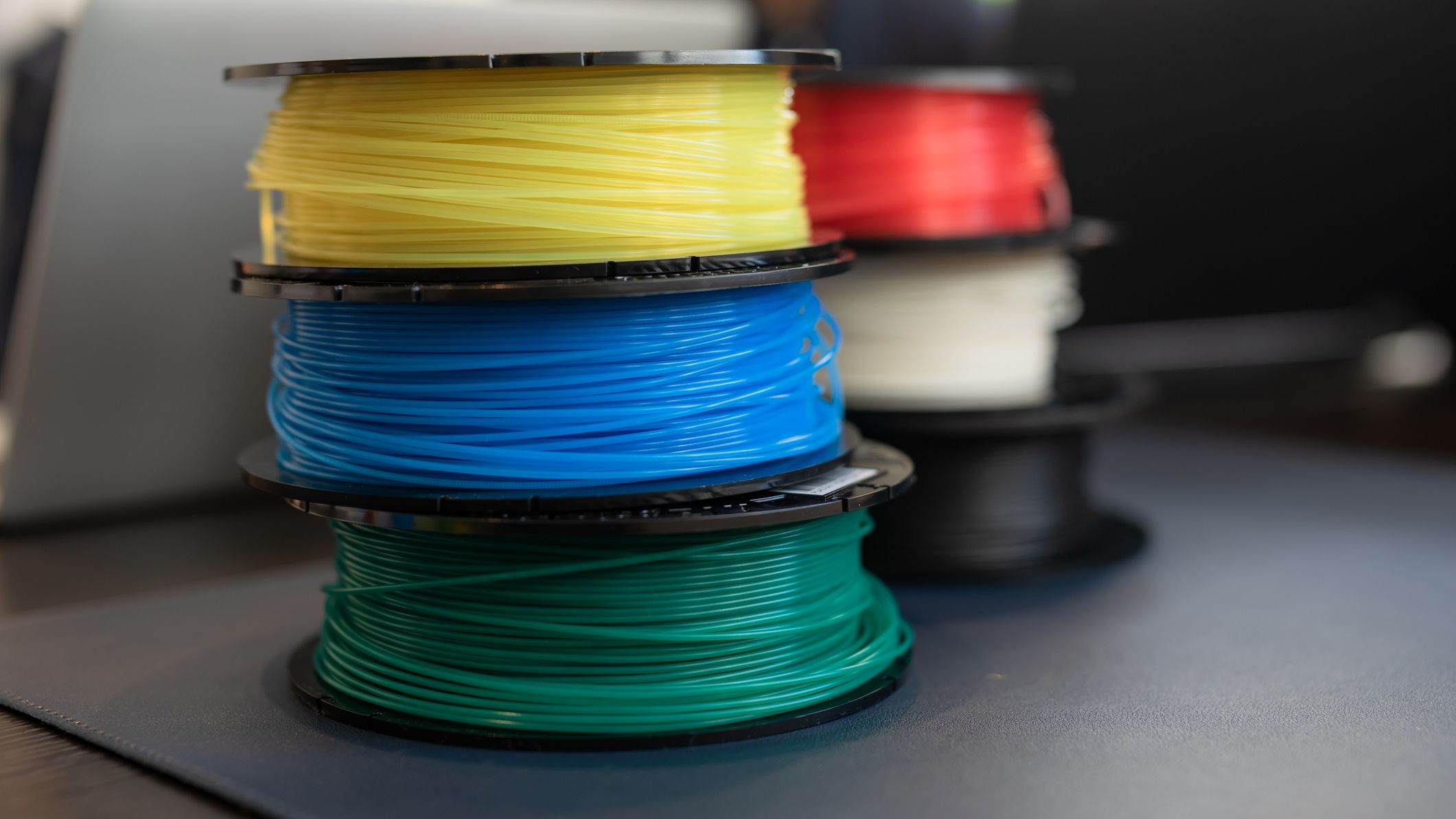Intel says chip shortage to blame for Q3 sales slump
The tech giant has also failed to secure a deal with semiconductor manufacturer SiFive


Intel has that the ongoing global chip shortage has led to a 2% decline in sales, in its financial results for the third quarter of 2021.
Q3 revenue for the tech giant’s Client Computing Group (CCG) business unit, which includes its PC chip business, was below expectations largely due to the company being unable to supply surging demand for laptop components from manufacturers.
At $18.1 billion, Intel’s revenue was below estimates, with the tech giant predicting $18.3 billion, compared with Refinitiv analysts’ expectations of $18.24 billion.
The news caused Intel’s shares to fall more than 8% in extended trading on Thursday.
Commenting on the financial results, Pat Gelsinger, who was appointed Intel CEO at the beginning of 2021, told CNBC that the company is currently “in the worst” of the component shortage.
“Every quarter next year we’ll get incrementally better, but they’re not going to have supply-demand balance until 2023,” he said, adding that data centres are significantly affected by the shortage.
“Data centres are particularly struggling with some of the power chips and some of the networking or ethernet chips,” he told the publication.
Sign up today and you will receive a free copy of our Future Focus 2025 report - the leading guidance on AI, cybersecurity and other IT challenges as per 700+ senior executives
Gelsinger previously warned of the impact of the shortage in July, predicting the chip crisis would likely continue until at least 2023 and would lead to revenue losses for rival chipmakers as well as Intel itself.
RELATED RESOURCE

The tech giant’s financial results follow news that it had failed to secure a deal with semiconductor manufacturer SiFive, which it had previously offered to acquire for $2 billion. People with knowledge of the matter told Bloomberg that the two companies were unable to reach a consensus regarding the financial terms of the deal, or how SiFive’s technology would be integrated into Intel’s chip roadmap.
The San Francisco-based chip company, which is seen as a potential challenge to Cambridge’s Arm, aims to provide a more affordable chip alternative based on the open-source RISC-V computing architecture. By acquiring SiFive, Intel would have been able to take advantage of its chip technology to potentially weather the storm of the global semiconductor shortage.
Having only graduated from City University in 2019, Sabina has already demonstrated her abilities as a keen writer and effective journalist. Currently a content writer for Drapers, Sabina spent a number of years writing for ITPro, specialising in networking and telecommunications, as well as charting the efforts of technology companies to improve their inclusion and diversity strategies, a topic close to her heart.
Sabina has also held a number of editorial roles at Harper's Bazaar, Cube Collective, and HighClouds.
-
 MSG giant Ajinomoto's chipmaking foray helps break financial records
MSG giant Ajinomoto's chipmaking foray helps break financial recordsNews In addition to umami seasoning, the company produces a microfilm insulation used by the semiconductor industry which was repurposed from its amino acid technology
-
 IBM unveils its 'most powerful' 433-qubit quantum processor
IBM unveils its 'most powerful' 433-qubit quantum processorNews The Osprey is three times more powerful than IBM's 127-qubit Eagle processor the company launched a year ago
-
 Blackberry revenue falls by 4% as cyber security division takes hit
Blackberry revenue falls by 4% as cyber security division takes hitNews Despite this, the company’s Internet of Things (IoT) division increased its revenue by 28% as it attracted new customers from the automotive sector
-
 SK Hynix splashes out $11 billion on new semiconductor plant
SK Hynix splashes out $11 billion on new semiconductor plantNews The company will produce memory chips, but will reportedly decided closer to the time whether they will be DRAM or NAND flash chips depending on market conditions
-
 Intel strikes $30 billion private equity partnership to fund Arizona plant expansion
Intel strikes $30 billion private equity partnership to fund Arizona plant expansionNews Brookfield Infrastructure Partners will invest around $15 billion into the expansion of the chipmaker’s Ocotillo campus
-
 The best 3D printer tools and accessories for your business
The best 3D printer tools and accessories for your businessIn-depth Every business using 3D printers should be aware of these essential extras to raise its output to the next level
-
 LED vs laser printers: What should your business choose?
LED vs laser printers: What should your business choose?In-depth Laser and LED printer technology is similar, but each come with their own unique benefits that could make them best for your company
-
 Intel to produce chips for Taiwanese manufacturer MediaTek
Intel to produce chips for Taiwanese manufacturer MediaTekNews The agreement comes after the US chip company managed to secure deals with Amazon and Qualcomm last year


